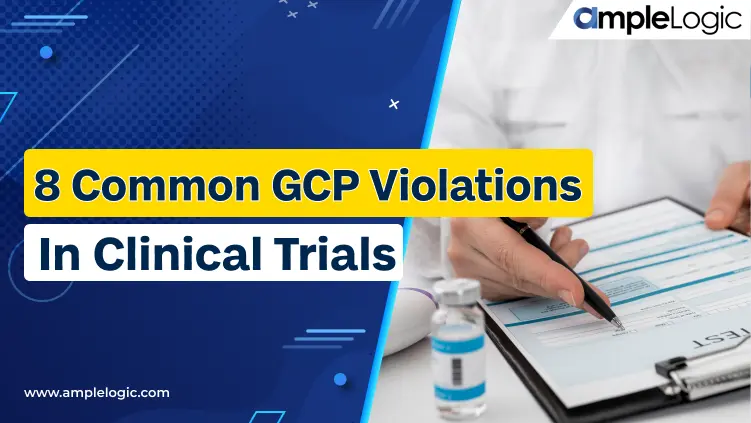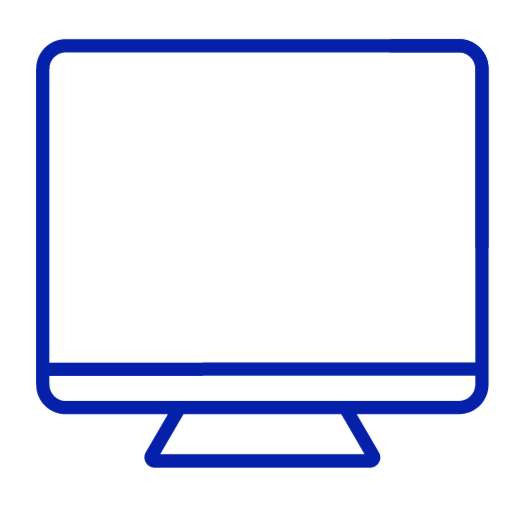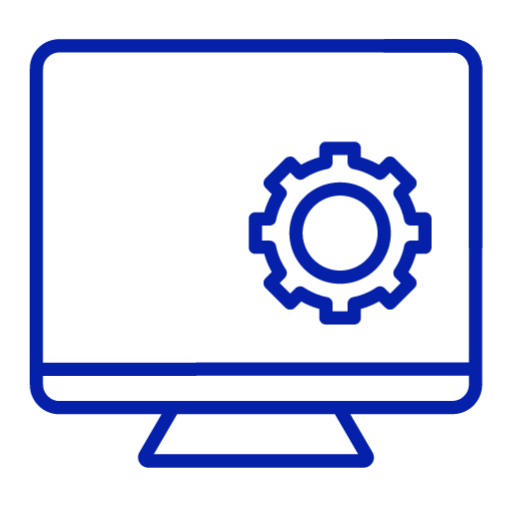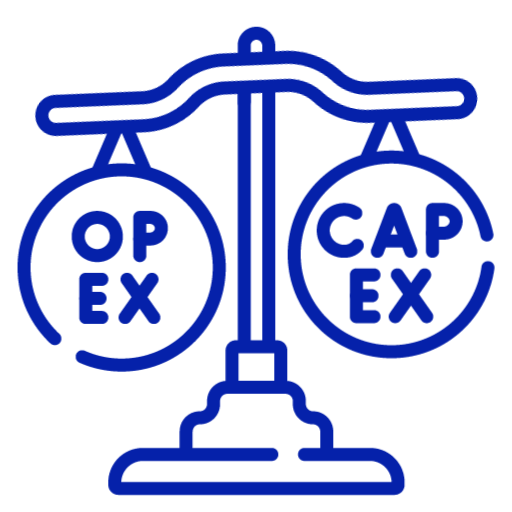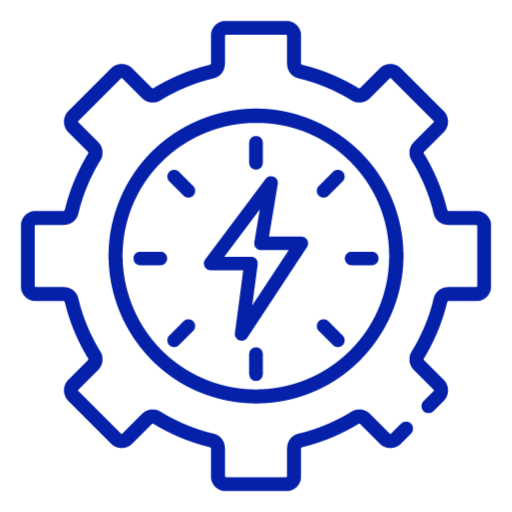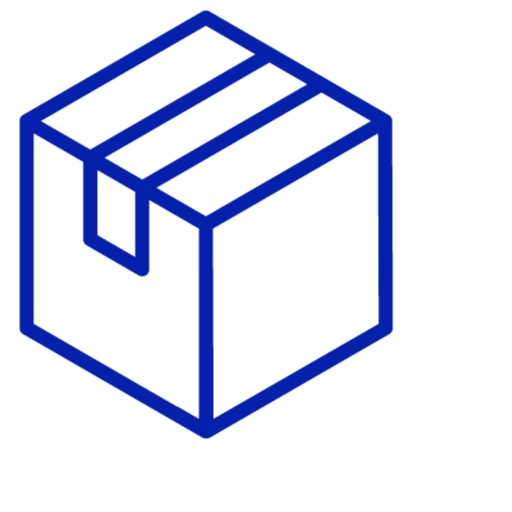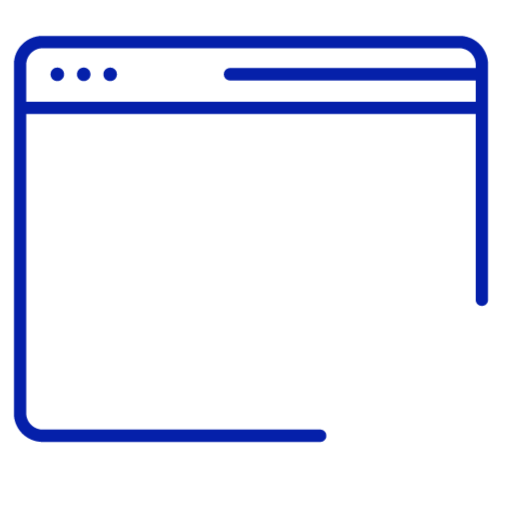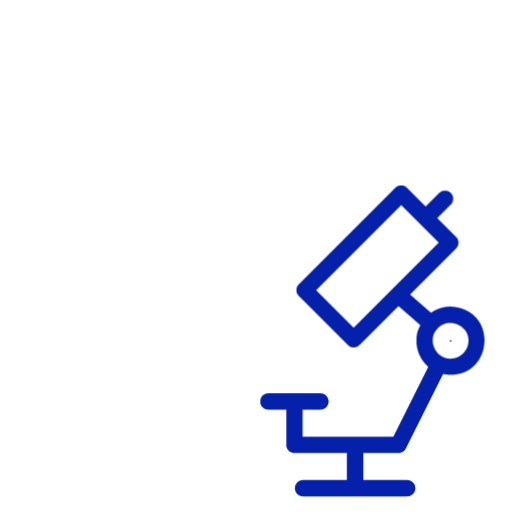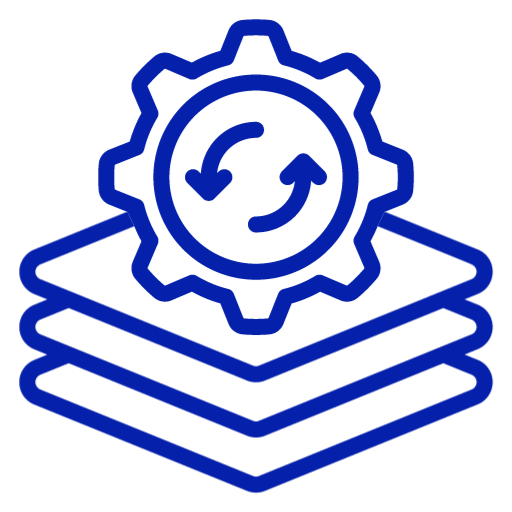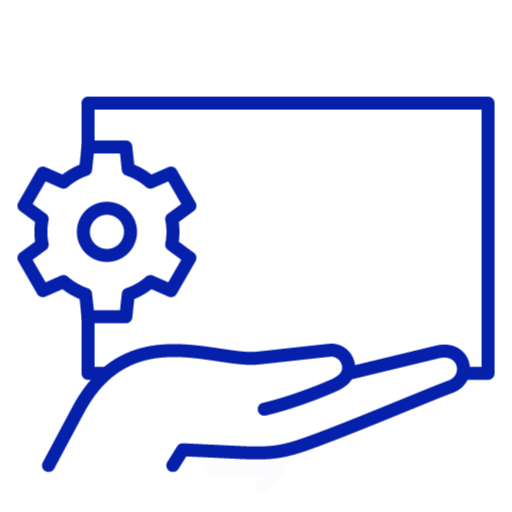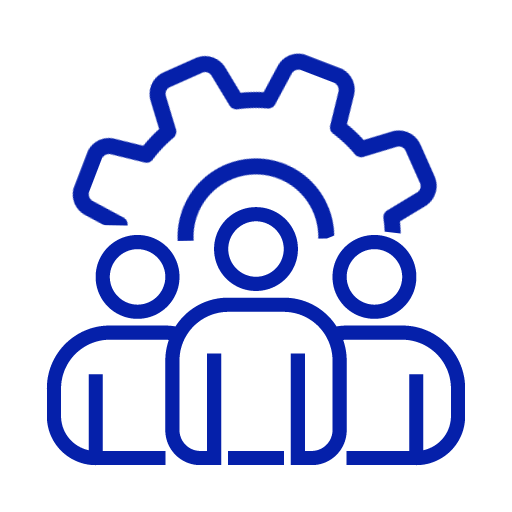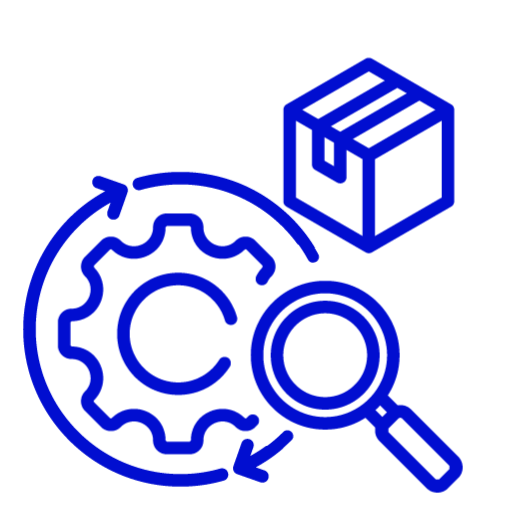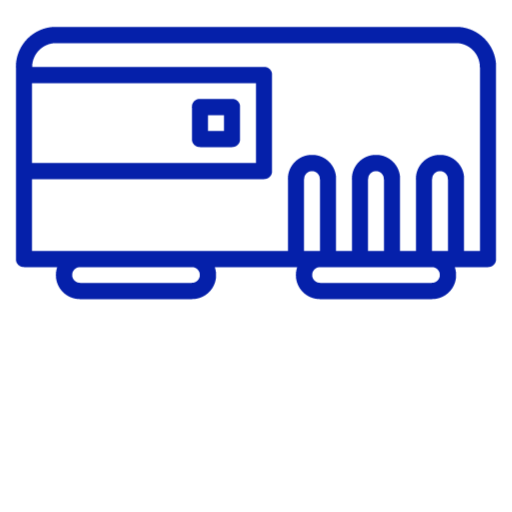DMS in a layperson perception A thorough-cum-simpler explanation of Document Management System will make us understand about the efficacy of this digital trend. With the name “Electronic Document Management System”, we get an overall idea that the system is supposedly managing the documentation process. Now, this process is the common one being done in every organization, we all know. Here the point comes is : How are these documentation things being processed or managed in various industries these days? Collecting all the needed data or information of a company and putting them down in a specific file or document is something that we know very well, which has been done manually for ages. But with trending technological inventions like IoT, AI, Cyber Security, etc., in the ongoing digital world, we must step up to a more effort-less mode of documentation. So, with this, we came up with eDMS. Replacing manual documentation work to automated-cum-electronic documentation, Electronic Document Management System has brought a different level of changes in contemporary pharma as well as life sciences companies. A quick peek of digitalization using Electronic Document Management Software (eDMS) While DMS has given us chances to ease our pain with an effective modification in documentation tasks, FDA’s 21 CFR part 11 has confirmed that electronic documents along with the records and signatures can surely be considered as the legitimate ones. Hence, it has confirmed that there will be no difference between paper signature and e-signature, rather the later one will be more considerable. Let’s have a quick walk through the benefits we have gained with Electronic Document Management System in contemporary pharma companies. Easy creation, management, and storage of all the crucial data and information of the company is possible with DMS. On incorrect data feeding, mismatch of information, missing data, you will get a reminder or notification which is not possible in manual management. All the data is stored in a specific and common cloud, which is accessible to everyone from everywhere. A smooth documentation now ensures a streamline workflow and saves a lot of time and resources which can be used in other areas of growth. Complete replacement of paperworks into paperless documentation becomes easy with eDMS. Having thorough data on drugs, research, new compliances, regulations require error-free documentation and with Pharmaceutical Document Management Solution this task can be managed easily. Storage of all the digital documents under a common cloud is much safer than keeping manual data in the form of documents stored in some physical storage. Accessible cloud storage documentation allows you to access the data whenever and wherever required, whereas in manual management there is some chance of missing out on important data. An organized documentation not only takes care of the data storage but also ensures a smooth flow of additional departments like SOP Management, manufacturing, operation, quality planning, etc. Terrorizing reasons restricting full-fledged eDMS inculcation Despite a lot of benefits, there are many companies who are reconsidering their decisions of incorporating Document Management Systems into their business. Every innovation comes with certain pros and cons. When we have already understood several benefits of the automatic documentation process, let’s explore the risky or stressed side or probable challenges of this digital trend. Data being vulnerable: With documentation being staged on digital platforms, it is extremely necessary to keep an eye on the security side. When crucial data is stored in the cloud then there comes a major terror of data being vulnerable and being attacked by malicious cyber frauds. Hence, it is required to maintain utmost cybersecurity ensuring the documentation is safe in the cloud kept away from cyber thefts. Doubt on successful implementation: There are so many growing features of Electronic Document Management and Tracking Software for Lifesciences industries, but we need to explore all those specifications accurately. Adding on a digital trend to a business could sound fun, but the real game starts when you implement the software effectively. This can be done with active seminars, group discussions, and taking feedback from employees (who are using it) on document management solution. Fear of smooth integration: The DMS must come up with appropriate integration of all relevant departments, then only we can assure its potential usage. Hence integration of DMS with other in-house applications must be done properly to make the system work automatically and independently. Staying inconsistent in usage: To replace paperworks with digital paperless ones, giving employees detailed training on Pharmaceutical Document Management and Tracking Software is essential. Hence, keeping the usage of DMS consistent becomes a tough task if the users are not well-trained. So, the prior task is to train employees about the usage of the platform and bring consistency in keeping the system in work consistently. Realising the probable challenges as well as conquered benefits of Document Management Solution we can easily understand how to proceed with this amazing transformation from loads of paper-based documents to hassle-free paperless one-stop-data centres. AmpleLogic’s best DMS software is assisting several pharma as well as other businesses to successfully implement this amazing digital tweak to their work processes making lives easier. Talk to our team to enroll for a free demo on Electronic Document Management System. Schedule a Free Consultation Request a Demo First NameLast NameCompany NameEmailPhone NumberDesignationCountrySelect CountryAfghanistanAland IslandsAlbaniaAlgeriaAmerican SamoaAndorraAngolaAnguillaAntarcticaAntigua and BarbudaArgentinaArmeniaArubaAustraliaAustriaAzerbaijanBahamasBahrainBangladeshBarbadosBelarusBelauBelgiumBelizeBeninBermudaBhutanBoliviaBonaire, Saint Eustatius and SabaBosnia and HerzegovinaBotswanaBouvet IslandBrazilBritish Indian Ocean TerritoryBritish Virgin IslandsBruneiBulgariaBurkina FasoBurundiCambodiaCameroonCanadaCape VerdeCayman IslandsCentral African RepublicChadChileChinaChristmas IslandCocos (Keeling) IslandsColombiaComorosCook IslandsCosta RicaCroatiaCubaCuraçaoCyprusCzech RepublicDemocratic Republic of the Congo (Kinshasa)DenmarkDjiboutiDominicaDominican RepublicEcuadorEgyptEl SalvadorEquatorial GuineaEritreaEstoniaEthiopiaFalkland IslandsFaroe IslandsFijiFinlandFranceFrench GuianaFrench PolynesiaFrench Southern TerritoriesGabonGambiaGeorgiaGermanyGhanaGibraltarGreeceGreenlandGrenadaGuadeloupeGuamGuatemalaGuernseyGuineaGuinea-BissauGuyanaHaitiHeard Island and McDonald IslandsHondurasHong KongHungaryIcelandIndiaIndonesiaIranIraqIrelandIsle of ManIsraelItalyIvory CoastJamaicaJapanJerseyJordanKazakhstanKenyaKiribatiKosovoKuwaitKyrgyzstanLaosLatviaLebanonLesothoLiberiaLibyaLiechtensteinLithuaniaLuxembourgMacao S.A.R., ChinaMacedoniaMadagascarMalawiMalaysiaMaldivesMaliMaltaMarshall IslandsMartiniqueMauritaniaMauritiusMayotteMexicoMicronesiaMoldovaMonacoMongoliaMontenegroMontserratMoroccoMozambiqueMyanmarNamibiaNauruNepalNetherlandsNew CaledoniaNew ZealandNicaraguaNigerNigeriaNiueNorfolk IslandNorth KoreaNorthern Mariana IslandsNorwayOmanPakistanPalestinian TerritoryPanamaPapua New GuineaParaguayPeruPhilippinesPitcairnPolandPortugalPuerto RicoQatarRepublic of the Congo (Brazzaville)ReunionRomaniaRussiaRwandaSaint BarthélemySaint HelenaSaint Kitts and NevisSaint LuciaSaint Martin (Dutch part)Saint Martin (French part)Saint Pierre and MiquelonSaint Vincent and the GrenadinesSamoaSan MarinoSao Tome and PrincipeSaudi ArabiaSenegalSerbiaSeychellesSierra LeoneSingaporeSlovakiaSloveniaSolomon IslandsSomaliaSouth AfricaSouth Georgia/Sandwich IslandsSouth KoreaSouth SudanSpainSri LankaSudanSurinameSvalbard and Jan MayenSwazilandSwedenSwitzerlandSyriaTaiwanTajikistanTanzaniaThailandTimor-LesteTogoTokelauTongaTrinidad and TobagoTunisiaTurkeyTurkmenistanTurks and Caicos IslandsTuvaluUgandaUkraineUnited Arab EmiratesUnited Kingdom (UK)United States (US)United States (US) Minor Outlying IslandsUnited States (US) Virgin IslandsUruguayUzbekistanVanuatuVaticanVenezuelaVietnamWallis and FutunaWestern SaharaYemenZambiaZimbabweWhere you heard about us?– Select –Google




